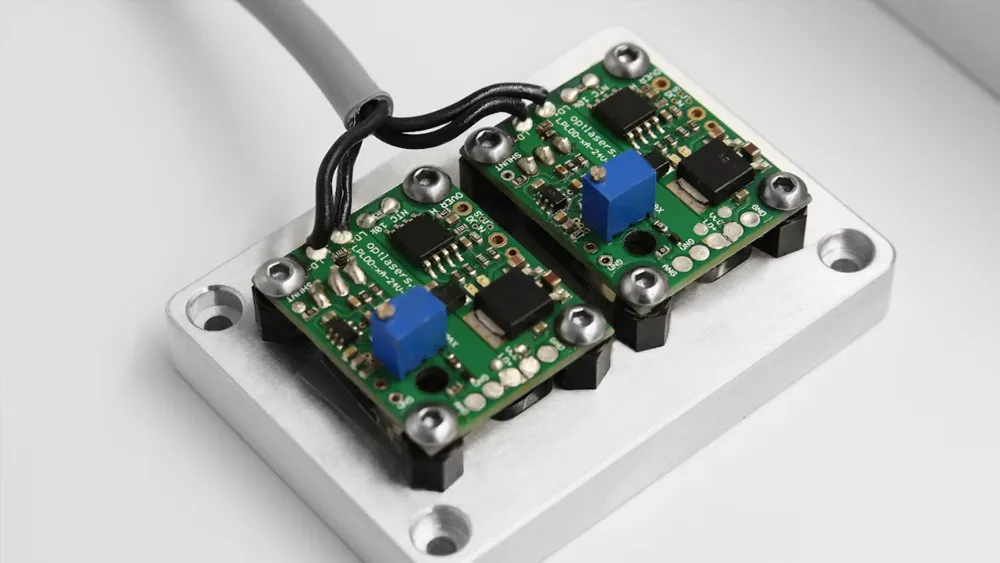
Which Products Need to Obtain GCC Certification?
gcc certification, also known as GMark certification, is a certification system used in the member countries of the GULf Cooperation Council (GCC). Currently, there are seven member countries: Saudi Arabia, Kuwait, the United Arab Emirates, Qatar, the Sultanate of Oman, the Kingdom of Bahrain, and the Republic of Yemen.
GCC Mark certification serves as a market access certificate for products entering the GCC member states. According to the GCC Standards Organization (GSO), all regulated products must display the GCC mark. Products with this mark can circulate and trade more easily in GCC countries. The certification is applicable to products related to public safety, health, environmental protection, and other areas.
gcc certification is mandatory. So, which products are requiRED to undergo GCC certification?
Low-Voltage Electrical Equipment
The technical regulations for low-voltage electrical devices cover electrical equipment with an AC voltage between 50-1000V and a DC voltage between 75-1500V.
All products need to display the GCC mark to be able to circulate within GSO member countries. Products bearing the GCC mark indicate that they have met the GCC technical regulations.
There are 13 specific categories of low-voltage electrical products that fall under mandatory GCC certification (regulated products). These products must obtain a GCC certification issued by a designated certification body.
Low-Voltage Electrical Products
These are electrical products suitable for AC voltages of 50-1000V or DC voltages of 75-1000V, including:
1. Household electric fans
2. MICrowave ovens
3. Refrigerators/freezers and other home refrigeration equipment with a capacity of no more than 30 cubic feet
4. Other stoves; electric pots, hot plates, heating coils, grills, and baking devices
5. Centrifugal clothes dryers/washing machines, including washer-dryer combo machines, with a washing capacity of up to 12 kg
6. Electric water heaters, including instant heaters, storage water heaters, and immersion heaters
7. Food grinders and blenders/fruit or vegetable juicers
8. Electric irons
9. Household toasters
10. Plugs, sockets, adapters, power cords, extension cords, and chargers
11. Electric hair clippers and hand dryers
12. Air conditioners
13. Home electric heating devices - soil heaters
Currently, the GSO system includes two categories of products: the low-voltage electrical devices mentioned above and toys for children (under 14 years old). It is important to note that Saudi Arabia has additional requirements for toy products, such as the saso certification. Therefore, when exporting toys to Saudi Arabia, you must first obtain GCC certification and then proceed with SASO or SABER certification for customs clearance.
GCC Certification Process
1. The exporter applies for the GCC application form from the certifying agency (Yirenjian) and fills it out completely.
2. Export product manual (required in both English and Arabic) and Declaration of Conformity.
3. Conformity declaration.
4. Trademark registration certificate and trademark authorization.
5. Safety and emc test reports.
6. Declaration of conformity from both the manufacturer and the exporter.
7. If no test report is available, the exporter must send product samples to the laboratory for testing.
8. After passing the test, submit the results to the GCC agency for review.
9. After review, the gcc certificate will be issued.
Note: The GCC certification standards and requirements may vary depending on the product category. Applicants must apply according to the relevant standards and provide the necessary materials and documentation during the application process.
JJR Laboratory Services
JJR Laboratory provides GCC certification and Saudi Saber certification services, offering comprehensive support from document review to the issuance of PC and SC certificates. With a focus on cost reduction and fast certification, we help enterprises quickly and securely enter the Gulf market.
Email:hello@jjrlab.com
Write your message here and send it to us
 Canada ISED Certification RSS-247 Standard Testing
Canada ISED Certification RSS-247 Standard Testing
 What Are the Product Compliance for Amazon Austral
What Are the Product Compliance for Amazon Austral
 Australia IoT Security Compliance
Australia IoT Security Compliance
 V16 Warning Light EU EN 18031 Cybersecurity Certif
V16 Warning Light EU EN 18031 Cybersecurity Certif
 Japan IoT Security JC-STAR Certification
Japan IoT Security JC-STAR Certification
 FCC SDoC Compliance Information Statement
FCC SDoC Compliance Information Statement
 What Does FCC SDoC Certification Mean?
What Does FCC SDoC Certification Mean?
 What is Bisphenol A (BPA) Testing?
What is Bisphenol A (BPA) Testing?
Leave us a message
24-hour online customer service at any time to respond, so that you worry!




